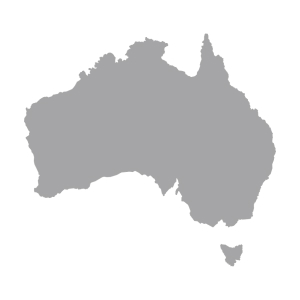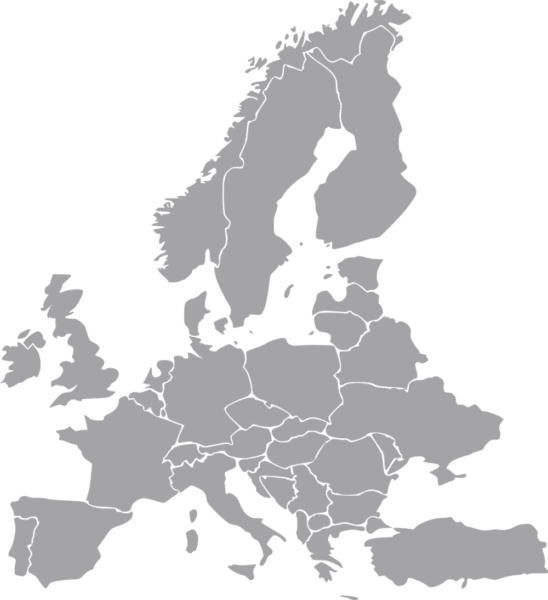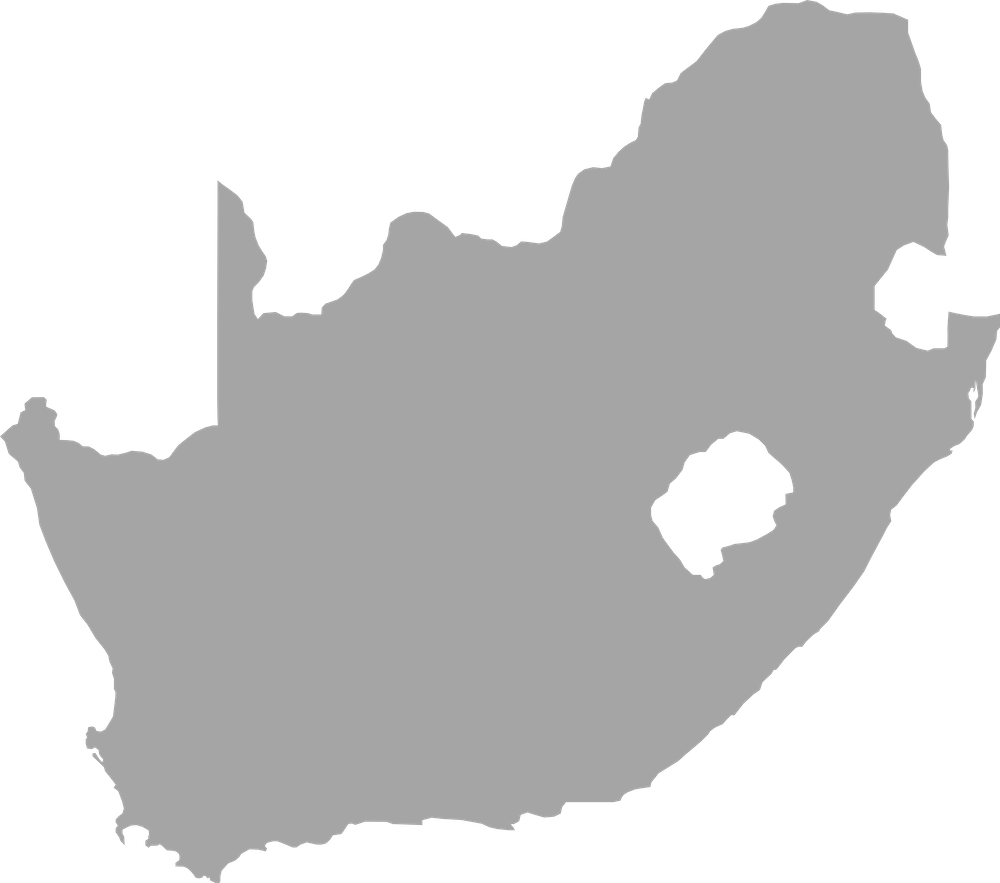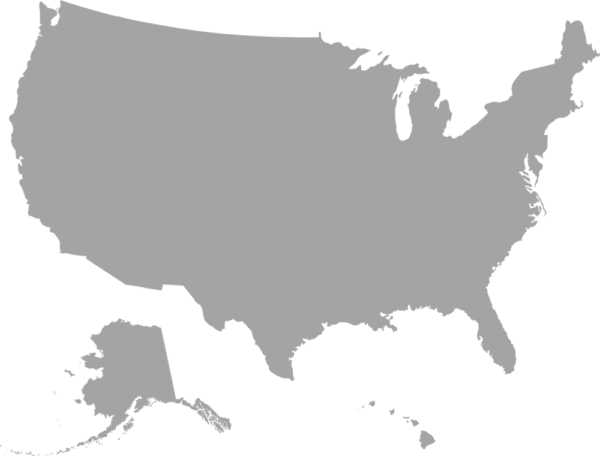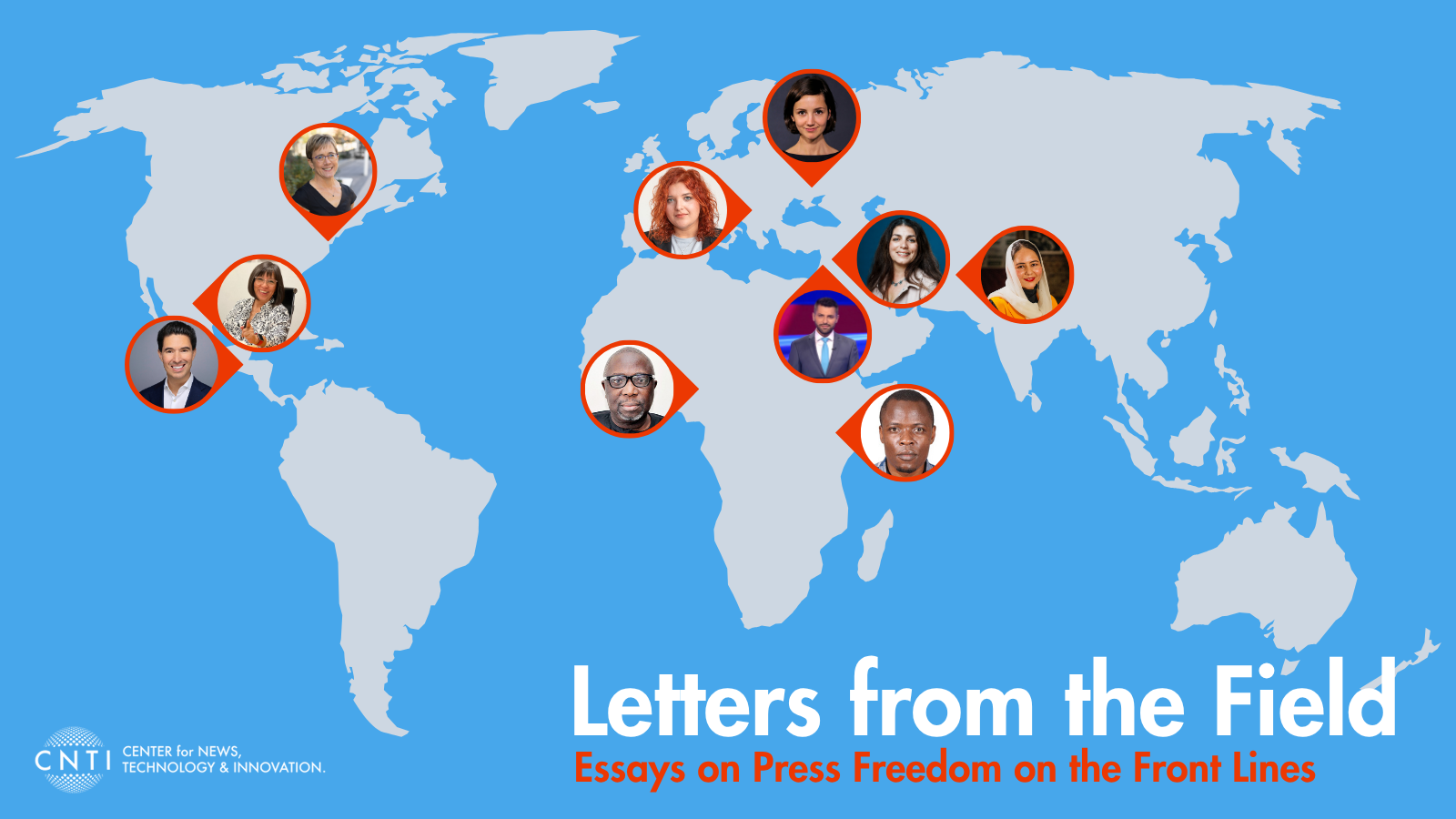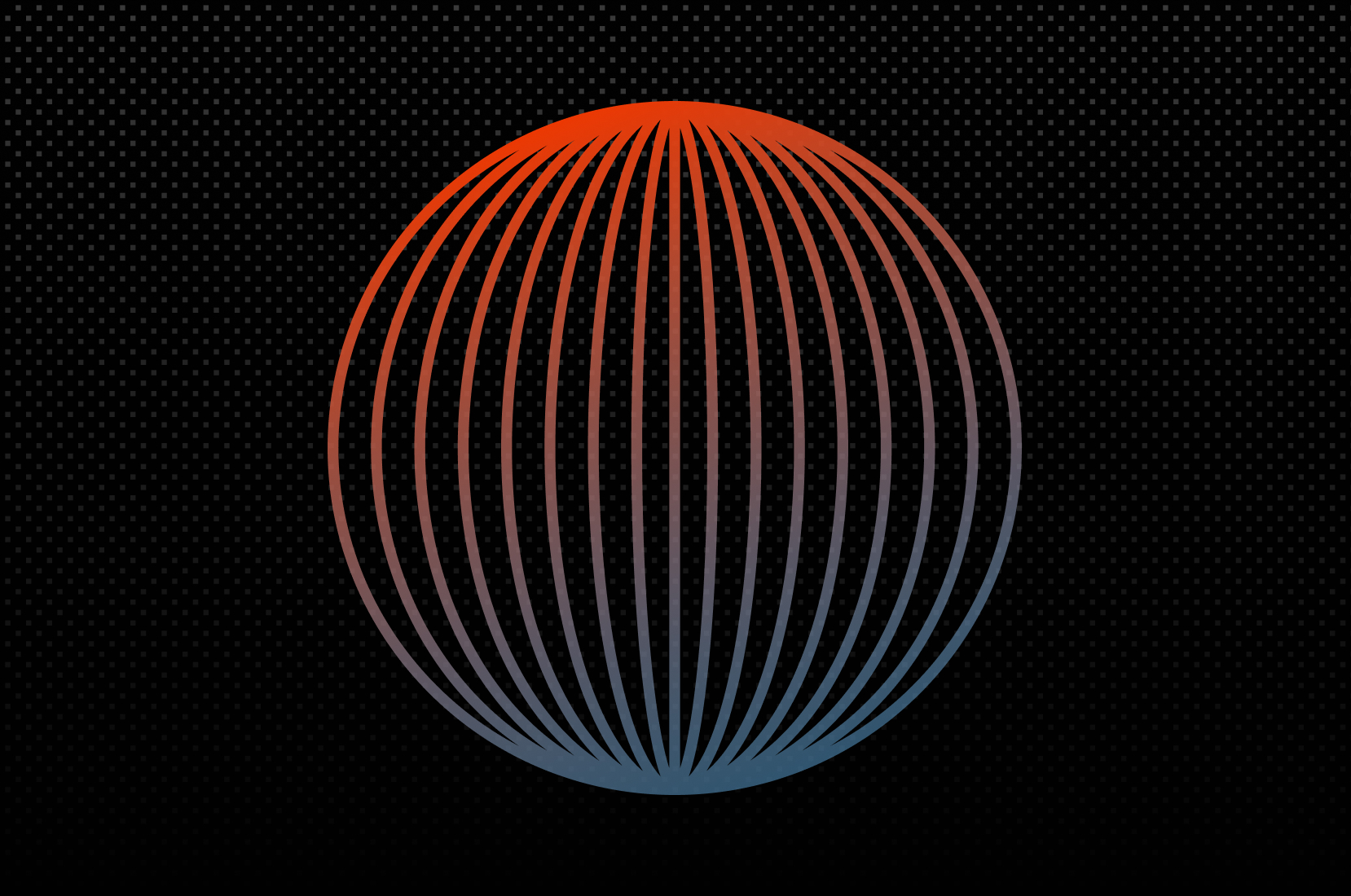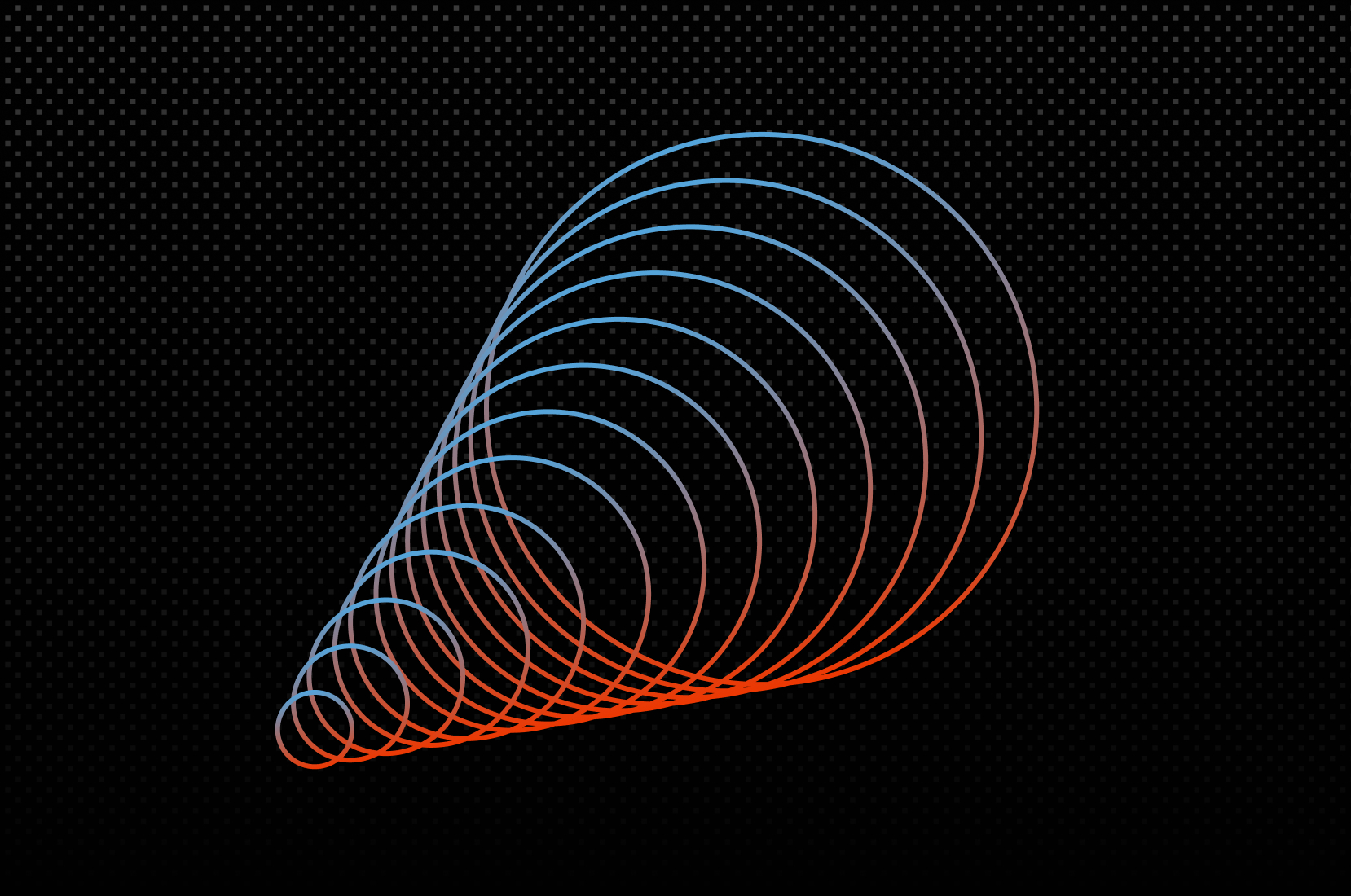CNTI’s Summary
Copyright laws must be modernized for the digital age. The methods of creating, citing and utilizing creative works have changed dramatically since current laws were written. The definition of “publisher” becomes nebulous when anyone with an internet connection can create and share their work. It is challenging to propose and debate modernization strategies without fully understanding who and what would be affected or how these challenges vary by country, which may harm journalists’ ability to participate in that process. More informed and comprehensive discussions among publishers, technology companies and policymakers are needed to structure new laws in a way that protects journalistic work while also recognizing the ways the public accesses and interacts with creative works in our digital societies.
The Issue
Copyright is a type of intellectual property that describes the legal rights a creator has over a wide range of content, including books, music, film, artwork, software and images. Copyrights give creators the ability to prevent others from using their work without permission and to be compensated for approved uses by others. Use of copyrighted works is dependent on copyright laws in the country of origin as well as various international copyright conventions and treaties that have been adopted to provide clearer rights for creators in a global economy.
Journalists and news publishers create original text, photo, audio and video content. They also incorporate copyrighted content into their work by quoting, paraphrasing or providing evidence from outside content. In many countries, “fair use” and “fair dealing” provisions or “quotation rights” allow for limited use of copyrighted material in circumstances such as journalism, research and teaching without the need to obtain permission from the copyright holder. But, depending on the legal system, these allowances vary significantly.
The digital age has introduced new copyright use cases that are not sufficiently addressed in current law. For example, now news aggregators, social media sites and search engines often publish headlines or snippets of and links to a publisher’s news story. Another new use case emerged with the creation of generative AI, which ‘learns’ from amassed digital content created by others to produce its own derivative content, which may or may not be considered original created work. Journalists increasingly use generative AI in news production, and the original content is also used to train AI tools.
Modernizing copyright law and fair use doctrine for the global digital age is increasingly central to an open internet and competitive news environment and raises a slew of new challenges. How will policy differentiate between snippets of licensed content in a citizen’s post or email, a news story, a freelancer’s news column, a search result, a news feed, and more? What elements of building a generative AI tool fall under fair use? How should societies define original work created in a global, digital environment? While questions surrounding AI and its use in journalism are addressed more fully in a separate issue primer, rapid technological developments reflect how important it is that copyright policy is forward-looking.
What Makes It Complex
A “fair use” doctrine has not been fully integrated into international law.
In addition to countries (e.g., the Philippines, Israel, South Korea) that have different fair use criteria, and countries (e.g., Australia, Canada, South Africa) that have different systems for copyright exemptions such as “fair dealing”, there are also countries (e.g., Brazil, Mexico) that have no clear fair use or fair dealing frameworks in place. Further, “fair use” largely depends on common law or legal precedent that does not always exist in all contexts, making broad adoption of fair use exceptions particularly difficult.
Copyright restrictions may have unintended negative consequences for independent news consumption.
Research shows search engines and other aggregated news lists are major sources of traffic to news stories. If aggregators delisted outlets or opted out of sharing news altogether, news publishers would get less visibility and traffic to their sites. Further, using copyright restrictions as a means of aiding financial support for journalism may favor larger, more established publishers, leaving down-market outlets at risk of shrinking audiences and revenue. That would also leave the public with less access to and consumption of a wide range of quality news.
Determining who and what falls under copyright protection or fair use is complicated and could have lasting implications for fair use protections for journalists and the public.
Areas of concern include restrictive rights contracts being imposed upon freelancers who produce a vast amount of news content online, unfair competitive advantages for larger and/or legacy news outlets, and unclear definitions of what legally constitutes “news” or a “publisher.” For example, limiting the digital sharing of news headlines or snippets could mean that any online user sharing these – even with a link to the original content – would be subject to and in violation of that law. It could also limit what journalists themselves could use in their reporting, with particular risks for freelance journalists.
Existing and future news and technology business models clash over copyright.
Online news aggregation services and search engines often provide headlines and snippets of news stories in addition to links to the full stories housed on news websites. In the U.S., these headlines and snippets traditionally fall under the fair use rules of copyright law, leaving it up to users of aggregator sites to decide if they want to view the original content. Publishers argue that aggregators should pay them for the use of snippets, saying that tech companies’ use of the media industry’s original content for free undermines publishers’ efforts to develop online news business models. Aggregators and search engine businesses argue that their services provide a substantial amount of reach to publishers: If users follow a link to a full story, the publisher does get the value of a site visit. Part of the debate is over what level constitutes “enough traffic to the site” to count as payment.
New digital technologies (e.g., generative AI or the metaverse) are not adequately accounted for in current law or in debates on ways to modernize it.
Debates over modernizing copyright law will need to grapple with legal questions surrounding the training and output of generative AI systems. If you own the copyright for creative content used to train AI, can you have a legal claim over its output? Can you copyright AI output, and if so, who owns it? Allegations claim that AI art software, including Stable Diffusion and Lensa AI, find loopholes around EU and U.S. copyright infringement by developing the technology through nonprofit means to avoid licensing fees. These challenges illustrate how quickly new copyright questions will continue to emerge in the digital realm alongside technological advances.
State of Research
Research on issues of copyright for a free press has largely focused on media policy, with an overwhelming emphasis on U.S. fair use doctrine and European Union (EU) copyright reform. Work in this area has indicated a number of challenges facing intellectual property holders and journalists in the digital age, particularly with the rise of content aggregation, freelance work and changing media business models. Researchers note a lack of clarity around (1) what separates legitimate information-sharing from harmful copyright infringement and (2) how to define news or set professional standards for news aggregation. While protections of creative work will be critical to fulfill the mission of a free and robust press, research also cautions against the effects of copyright protection that is too strong—including press censorship and the restriction of competition, innovation and public access to information.
In addition to global and comparative research in this area, it would be valuable for future work to explore how digital journalists understand and navigate complex and often opaque copyright regulations, the effects of enhanced copyright regulation on news audience behaviors and the implications of such provisions for smaller and/or down-market publishers and freelance news creators.
Notable Studies
State of Legislation
Governments and intergovernmental bodies around the world are working to update copyright laws for the digital age and a global media environment. These efforts present new legal challenges and tensions for publishers, technology companies and those involved in the creation, flow and regulation of digital content. Much of the current work centers around the role of copyright in online searches and news aggregation. At times, copyrights are affected through copyright-adjacent legislation, such as Australia’s News Media Bargaining Code, while in others, such as the European Union copyright law, have been updated directly with the aim of increasing protections for news publishers and content creators.
As research on these policies indicates, both indirect and direct copyright legislation can carry risks to an independent press, citizen journalism and other elements of an open internet. Specifically, research finds important deficiencies in current approaches, including a lack of clarity in defining what constitutes copyright protection, and raises questions about the effectiveness of these laws in reducing online copyright infringement. Further, little has been done yet to effectively address the rise of new technologies, such as generative AI, in online content creation and distribution.
Notable Legislation
Resources & Events
Notable Articles & Statements
Generative artificial intelligence and copyright law
Congressional Research Service (September 2023)
News firms seek transparency, collective negotiation over content use by AI makers – letter
Reuters (August 2023)
A journalist’s guide to Creative Commons 2023
Creative Commons (June 2023)
Clarifying copyright to enable AI research in Africa
Research ICT Africa (May 2023)
Digital distribution & lawsuit threats prompt publishers to plan for copyright compliance
Editor & Publisher (February 2023)
AI-created images lose U.S. copyrights in test for new technology
Reuters (February 2023)
Generative AI copyright concerns you must know in 2023
AI Multiple (January 2023)
International copyright’s exclusion of the Global South
Michigan Journal of International Law (2022)
Why Ottawa’s efforts to get Google and Facebook to pay for news content misses the mark
The Conversation (September 2022)
Open access and closed minds: Balancing intellectual property and public interest in the digital age
Nalaka Gunawardene (August 2022)
Frenemies: Global approaches to rebalance the Big Tech v journalism relationship
Brookings Institute (August 2022)
The metaverse, NFTs and IP rights: to regulate or not to regulate?
World Intellectual Property Organization Magazine (June 2022)
Fair use win in screenshot case is a victory for media reporting
Freedom of the Press Foundation (April 2022)
Australia pressured Google and Facebook to pay for journalism. Is America next?
Columbia Journalism Review (March 2022)
Fair use essay series
MediaWell (February 2022)
Reclaim the state: Public interest in copyright and Modern Monetary Theory
InternetLab (2022)
Content aggregation: Spreading or stealing the news?
Reporters Committee for Freedom of the Press (2012)
Key Institutions & Resources
Center for Democracy & Technology: Nonprofit organization aiming to promote solutions for internet policy challenges.
International Association for the Protection of Intellectual Property (AIPPI): Nonprofit association dedicated to the development and improvement of laws for the protection of intellectual property.
InternetLab: Independent Brazilian research center that aims to foster academic debate around issues involving law and technology, especially internet policy.
Managing IP: Trade publication following copyright issues.
World Intellectual Property Organization (WIPO): Global forum for intellectual property policy and information, with 193 member states.
Notable Voices
Patricia Aufderheide, University Professor, American University School of Communication
Francisco Brito Cruz, Executive Director, InternetLab
Tarleton Gillespie, Principal Researcher, Microsoft Research
Eric Goldman, Co-Director, High-Tech Law Institute; Santa Clara Law School
Brewster Khale, Founder, Internet Archive
Larry Lessig, Emeritus Board Member, Creative Commons
Mike Masnick, Founder, Coppia Institute & TechDirt
Neil W. Netanel, Professor of Law, University of California – Los Angeles
Ruth L. Okediji, Professor of Law, Harvard Law School
Courtney Radsch, Director, Center for Journalism and Liberty
Daren Tang, Director General, WIPO
Rebecca Tushnet, Harvard Law School; Founder, Organization for Transformative Works
Margrethe Vestager, Executive Vice President, European Commission
Recent & Upcoming Events
Intellectual Property and Frontier Technologies
World Intellectual Property Organization
November 5–6, 2024 – Geneva, Switzerland
Assemblies of the Member States of WIPO
World Intellectual Property Organization
July 6–14, 2023 – Geneva, Switzerland
Generative artificial intelligence and copyright law
Congressional Research Service (September 2023)
News firms seek transparency, collective negotiation over content use by AI makers – letter
Reuters (August 2023)
A journalist’s guide to Creative Commons 2023
Creative Commons (June 2023)
Clarifying copyright to enable AI research in Africa
Research ICT Africa (May 2023)
Digital distribution & lawsuit threats prompt publishers to plan for copyright compliance
Editor & Publisher (February 2023)
AI-created images lose U.S. copyrights in test for new technology
Reuters (February 2023)
Generative AI copyright concerns you must know in 2023
AI Multiple (January 2023)
International copyright’s exclusion of the Global South
Michigan Journal of International Law (2022)
Why Ottawa’s efforts to get Google and Facebook to pay for news content misses the mark
The Conversation (September 2022)
Open access and closed minds: Balancing intellectual property and public interest in the digital age
Nalaka Gunawardene (August 2022)
Frenemies: Global approaches to rebalance the Big Tech v journalism relationship
Brookings Institute (August 2022)
The metaverse, NFTs and IP rights: to regulate or not to regulate?
World Intellectual Property Organization Magazine (June 2022)
Fair use win in screenshot case is a victory for media reporting
Freedom of the Press Foundation (April 2022)
Australia pressured Google and Facebook to pay for journalism. Is America next?
Columbia Journalism Review (March 2022)
Fair use essay series
MediaWell (February 2022)
Reclaim the state: Public interest in copyright and Modern Monetary Theory
InternetLab (2022)
Content aggregation: Spreading or stealing the news?
Reporters Committee for Freedom of the Press (2012)
Center for Democracy & Technology: Nonprofit organization aiming to promote solutions for internet policy challenges.
International Association for the Protection of Intellectual Property (AIPPI): Nonprofit association dedicated to the development and improvement of laws for the protection of intellectual property.
InternetLab: Independent Brazilian research center that aims to foster academic debate around issues involving law and technology, especially internet policy.
Managing IP: Trade publication following copyright issues.
World Intellectual Property Organization (WIPO): Global forum for intellectual property policy and information, with 193 member states.
Patricia Aufderheide, University Professor, American University School of Communication
Francisco Brito Cruz, Executive Director, InternetLab
Tarleton Gillespie, Principal Researcher, Microsoft Research
Eric Goldman, Co-Director, High-Tech Law Institute; Santa Clara Law School
Brewster Khale, Founder, Internet Archive
Larry Lessig, Emeritus Board Member, Creative Commons
Mike Masnick, Founder, Coppia Institute & TechDirt
Neil W. Netanel, Professor of Law, University of California – Los Angeles
Ruth L. Okediji, Professor of Law, Harvard Law School
Courtney Radsch, Director, Center for Journalism and Liberty
Daren Tang, Director General, WIPO
Rebecca Tushnet, Harvard Law School; Founder, Organization for Transformative Works
Margrethe Vestager, Executive Vice President, European Commission
Intellectual Property and Frontier Technologies
World Intellectual Property Organization
November 5–6, 2024 – Geneva, Switzerland
Assemblies of the Member States of WIPO
World Intellectual Property Organization
July 6–14, 2023 – Geneva, Switzerland

